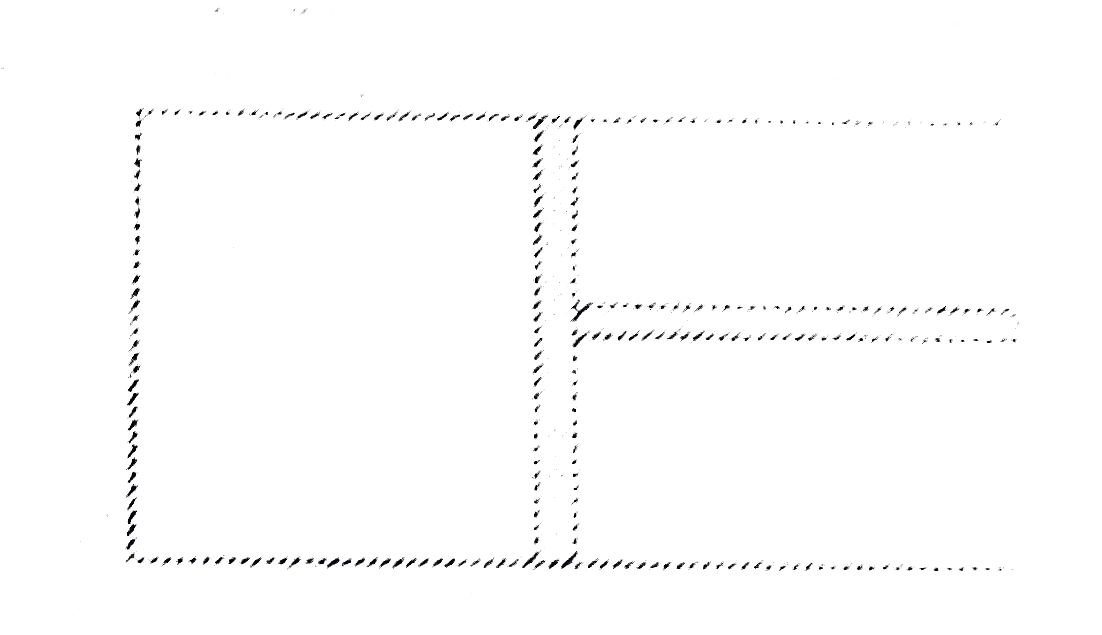Thermodynamic equilibrium involves
chemical equilibrium
thermal equilibrium
mechanical equilibrium
all the three.
The correct Answer is:D
all the three.
Topper's Solved these Questions
- CHEMICAL THERMODYNAMICS Book:ICSEChapter:CHEMICAL THERMODYNAMICS Exercise:TRUE OR FALSE. TYPE QUESTIONS
Explore 24 Videos
- CHEMICAL THERMODYNAMICS Book:ICSEChapter:CHEMICAL THERMODYNAMICS Exercise:FILL IN THE BLANKS. TYPE QUESTIONS
Explore 20 Videos
- CHEMICAL THERMODYNAMICS Book:ICSEChapter:CHEMICAL THERMODYNAMICS Exercise:ESSAY (LONG ANSWER) TYPE QUESTIONS
Explore 32 Videos
- CHEMICAL BONDING AND MOLECULAR STRUCTUREBook:ICSEChapter:CHEMICAL BONDING AND MOLECULAR STRUCTUREExercise:NCERT TEXT-BOOK EXERCISES ( WITH HINTS AND SOLUTIONS)
Explore 47 Videos
- CLASSIFICATION OF ELEMENTS AND PERIODICITY IN PROPERTIESBook:ICSEChapter:CLASSIFICATION OF ELEMENTS AND PERIODICITY IN PROPERTIESExercise:NCERT TEXT-BOOK. EXERCISE (With Hints and Solutions)
Explore 63 Videos
Similar Questions
n moles of a gas filled in a container temperature T is in thermodynamic equilibrium initially. If the gas is compressed slowly and isothermally to half its initial volume volume the work done by the atmosphere on the piston is :

View SolutionWhat are the conditions for thermodynamic equilibrium?
View Solution
Knowledge Check
Which of the following is not a general characteristic of equilibrium involving physical processes ?
A(a) Equilibrium is possible only in a closed system at a given temperature.B(b) The equilibrium is dynamic in nature.C(c) Measurable properties of the system keep changing.D(d) Equilibrium can be attained from both sides of the reaction.
What are the conditions for thermodynamic equilibrium?
View SolutionThermodynamics deals with
View SolutionFor adsorption, the thermodynamic requirement is that
View SolutionFor an equilibrium reaction involving gases, the forward reaction is first order while the reverse reaction is second order. The unit of Kp for forward equilibrium is
View SolutionWhich one of the following equations does not correctly represent the first law of thermodynamics for the given processes involving an ideal gas ? (Assume non-expansion work is zero)
View SolutionThermodynamic efficiency of a cell is given by:
View SolutionThe thermodynamic efficiency of cell is given by
View Solution